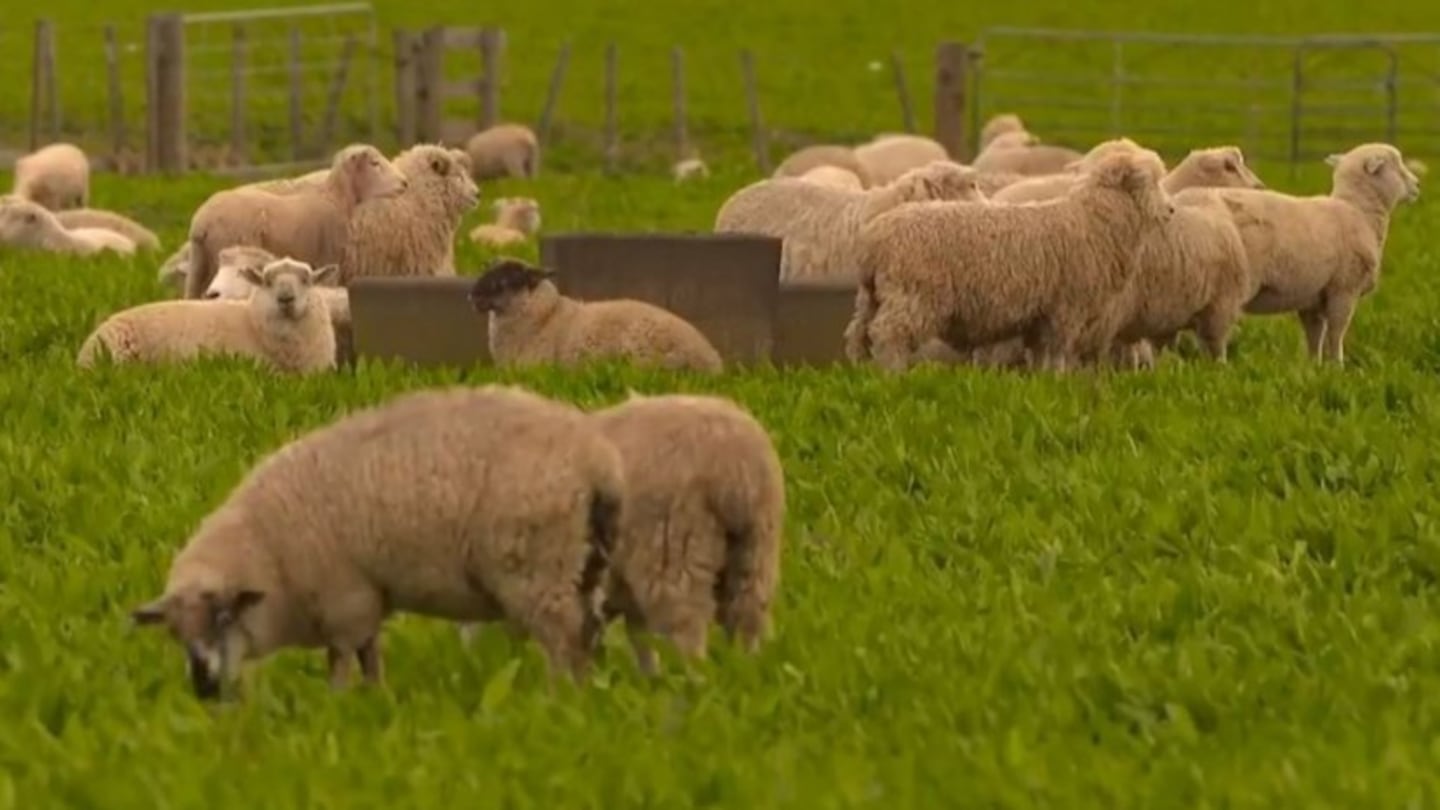The government is backing a plan for 20 Māori land owners with more than 24,000 hectares of whenua from the western shore of Lake Taupō to the Hauraki Plains, to invest in the rapidly growing sheep milking industry.
Global demand for sheep milk and sheep milk products is soaring with exports valued at $20 million in 2020; the Māori Agribusiness Sheep Milk Collective wants multiple farms milking about 25,000 sheep and potentially employing more than 100 people by 2030, something Agriculture Minister Damien O'Connor says the government will support with MPI funding.
“We are injecting $700,000 into the Māori Agribusiness Sheep Milk Collective to help them explore the potential of their whenua to sustainably produce sheep milk at scale, create jobs and further grow this emerging export market” O’Connor said Tuesday.
Advocates say sheep milk demand is on the rise because it's more accepted by the human digestive system and has higher calcium and protein content for value-added products like protein supplements and baby formula.
“Those sheep could initially produce more than six million litres of milk, or one million kilograms of milksolids, and within a kaupapa Māori-owned value chain.” O’Connor said
The Government is also supporting wider industry research to capitalise on growing demand for sheep milk with MPI funding a $12.56 million six-year project with the aim of building a high-value and sustainable sheep dairy industry in Aotearoa New Zealand according to O’Connor.
“Last year construction and development was taking place across several new sheep dairy farms in the greater Waikato and a new infant formula was launched as part of the project.” O’Connor said.
The investment in Sheep Milk is part of the Government’s Fit for a Better World roadmap, which aims for food and fibre exports to earn an extra $44 billion over 10 years; last week similar funding was announced to support the growth of Horticulture for Whenua Māori in Wairoa, Hawke’s Bay.
“We are focussed on our economic recovery from COVID-19. By strengthening the environmental credentials of our food and fibre products and capturing further value growth, Fit for a Better World drives us along that recovery,” O’Connor said.



